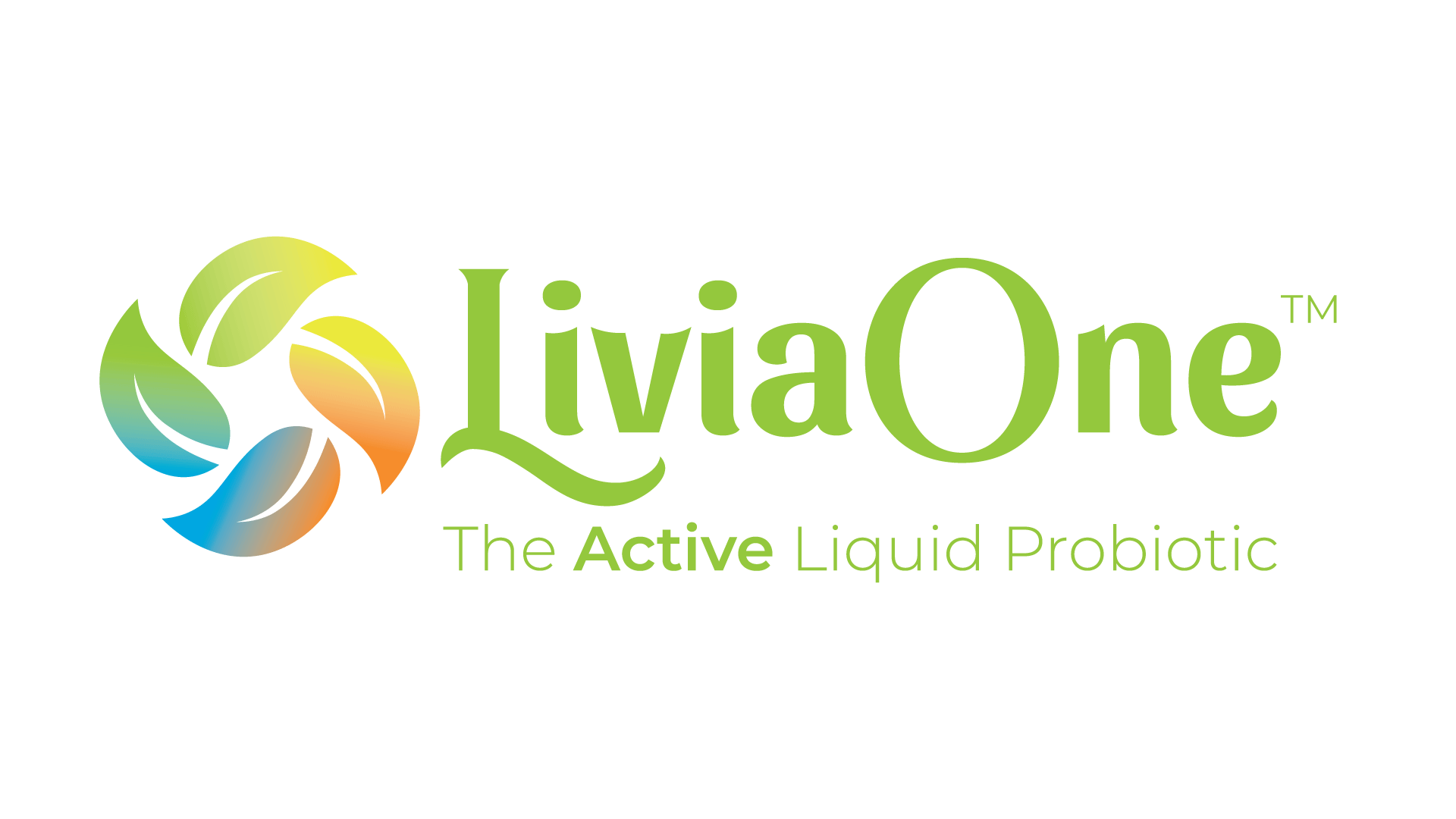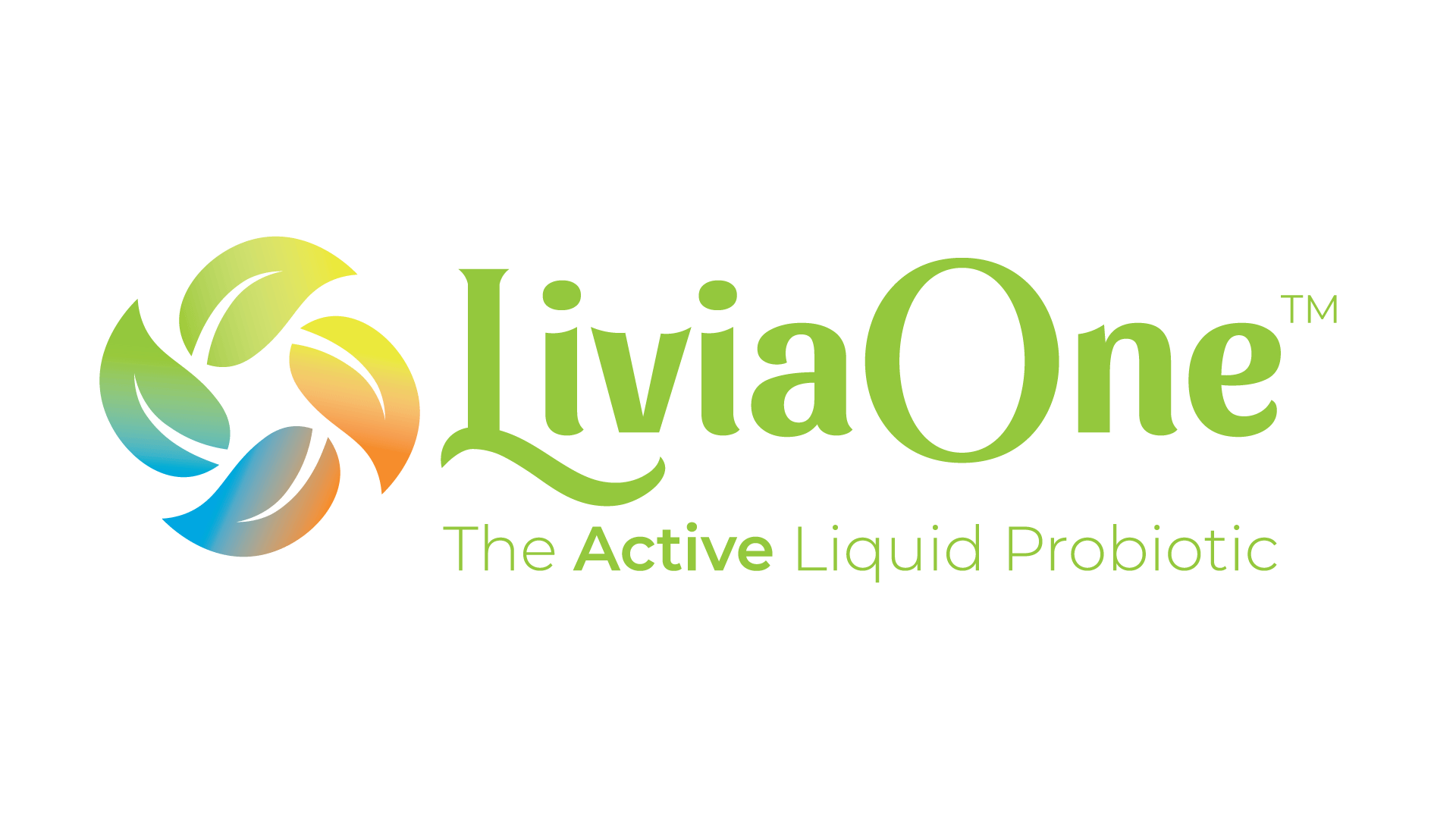Probiotics Side Effects
Problems, side effects, and unsubstantiated claims are possible with any medicine or food product, including probiotics. In that a probiotic is an actual organism, it carries some unpredictability in terms of how it will react to the existing or indigenous
One of the most prolific scholars in the field of GI tract microflora is Fergus Shanahan of the National University of Ireland. Shanahan is an often-quoted source in the discussion of how probiotics work, and whether their health claims are justified by hard science. In his 2005 article entitled "Probiotics: Promise, Problems, and Progress," he cites over forty studies in the field of gastroenterology and microbiology. Shanahan is quick to point out that particular illnesses such as post-antibiotic diarrhea are very responsive to probiotic treatments. However, he emphasizes that many of the studies on humans-- such as the results for Crohn's disease --have been disappointing. He cites many examples of brilliant therapeutic potential that still need a great deal of study prior to recommending particular probiotics for medicinal purposes. Shanahan concludes by warning consumers and clinicians against using products not backed up by solid science.
That the user may need or expect a definite medical benefit on a certain timetable may also be a challenge associated with probiotics. In many countries, the regulation of probiotic supplements is not on the basis of
A variety of cautionary warnings are related to probiotics, including the following:
- Inactive ingredients of probiotic formulas may include plant-derived and mineral substances that are not well-tolerated by the user. Check labels carefully for these ingredients.
- In double-blind, placebo-controlled studies, probiotics have not been shown to help with Crohn's disease, and are not usually recommended for patients with Crohn's disease (F Shanahan, 2005.)
- A study conducted for the Dutch Acute Pancreatitis Study Group, as reported in "The Lancet" (February 2008) confirmed that probiotics are not appropriate for the treatment of this disease. Probiotics have increased mortality in patients with severe pancreatitis. If problems with the pancreas are suspected, probiotics would not be a prudent course of treatment.
- Among discussion sites for alternative medicine, a great deal of anecdotal information is available, but these are not a substitute for empirical evidence of therapeutic properties.
- Probiotic users have reported cases of bloating, gas, and lower abdominal pain when trying a new formula that they did not introduce in small incremental stages.
- Excessive drainage syndrome can result from competing bacterial colonies when a new probiotic is introduced to the intestine or colon, according to the alternative medical therapies promoted by "The Gertonson Institute" web site. With excessive drainage, probiotic supplement users occasionally suffer from dehydration. Intake of adequate liquids and electrolytes should be encouraged when a probiotic cleansing regimen is underway.
The European Food Safety Authority (EFSA) recently rejected 171 of 181 proposals related to probiotic claims of health benefits. Some objections of the EFSA in rejecting probiotic health claims are similar to the issues raised by Fergus Shanahan:
- International labeling conventions, standardization, and nomenclature of particular strains have not been established.
- Quality control measures for the optimum sources, shelf life, and storage methods of the bacteria have not been fully investigated.
- Inactive ingredients are not controlled and classified clearly enough.
- Most individuals have not determined which microflora are present in high, low or optimum numbers within their own GI tract, so the process of trying to supplement particular populations may involve too much guesswork.
- Since each human family and each individual in that family carries a different combination of gut microflora, there may be genetic propensities for and against certain probiotic species; more study is needed to see which groups may benefit from which types of bacteria.
- Whether a particular disease or genetic propensity is addressed by a particular probiotic strain cannot reasonably be claimed unless significant statistical evidence is presented.
- Particular strains shown to have certain effects need to be better cataloged, with an official depository source of samples that maintain consistent genetic traits.
- Genetic tampering with particular probiotic strains has led to many unofficial sub-species with unregistered names; misnomers and repeated names are a threat to the integrity of well-identified probiotic species.
- Many studies of probiotics to date have not
involved human trials. Lab results and animal studies cannot always be generalized to results in humans. - Dosing levels and optimum serving sizes, classified by weight and age, have not yet been defined or standardized for probiotics.
Extra care should be taken if introducing probiotics into a child's diet, as adult products are not usually suitable for juvenile and infant use. Although probiotics are rarely reported to create medical damage in the user, a specific allergy to the ingredients of any food or supplement is possible. For probiotic supplement users that are attempting a major "internal cleansing," on the advice of alternative medical sources, an incremental process is recommended where small occasional doses are tried at first. Trying familiar strains of bacteria is recommended as a first stage. A sudden large dose may cause digestive upset. Using the more traditional advice from EFSA and Fergus Shanahan, the consumer should adopt the attitude of "let the buyer beware," and conduct significant research on the reliability and reputation of the company producing the probiotic, before purchasing or ingesting anything from that company.
REFERENCES:
Marc Besselink MD, Hjalmar van Santvoort MD, Erik Buskens MD, Marja A Boermeester MD e, et al. for the Dutch Acute Pancreatitis Study Group. "Probiotic prophylaxis in predicted severe acute pancreatitis: a
Fergus Shanahan. "Probiotics: Promise, Problems, and Progress." Alimentary Pharmabiotic Centre and Department of Medicine, University College Cork, National University of Ireland, Cork, Ireland. 2005.
Chanakira, Bishop. "Are There Probiotics Side Effects and What Are They?" Articlear.com. November 2009.
Gertonson Institute. "Important Information About Starting Probiotics." Gertonson Web Site. September 2009.
Shane Starling. "EFSA Publishes Probiotic Guidance." The Dairy Reporter, 22-Oct-2009.
For more information:
 A complete description of probiotics, along with groundbreaking recent clinical research illustrating the many ways probiotics can prevent disease, can be found in Probiotics - Protection Against Infection: Using Nature's Tiny Warriors To Stem Infection. This new compendium from one of contributing authors of the content on this page, Dr. Casey Adams, PhD., takes the confusion out of selecting and supplementing with probiotics. Referencing over 500 scientific studies and reports, and with detailed instructions on how to make your own probiotic foods, this book is a must for anyone seeking to understand the power of
A complete description of probiotics, along with groundbreaking recent clinical research illustrating the many ways probiotics can prevent disease, can be found in Probiotics - Protection Against Infection: Using Nature's Tiny Warriors To Stem Infection. This new compendium from one of contributing authors of the content on this page, Dr. Casey Adams, PhD., takes the confusion out of selecting and supplementing with probiotics. Referencing over 500 scientific studies and reports, and with detailed instructions on how to make your own probiotic foods, this book is a must for anyone seeking to understand the power of
Please read this Disclaimer:
The contents of this site, such as text, graphics, images, information obtained from www.Probiotic.org licensors and other material ("Content") contained on this site is for informational purposes only. The Content is not intended to be a substitute for professional medical advice, diagnosis or treatment. Always seek the advice of your physician or

